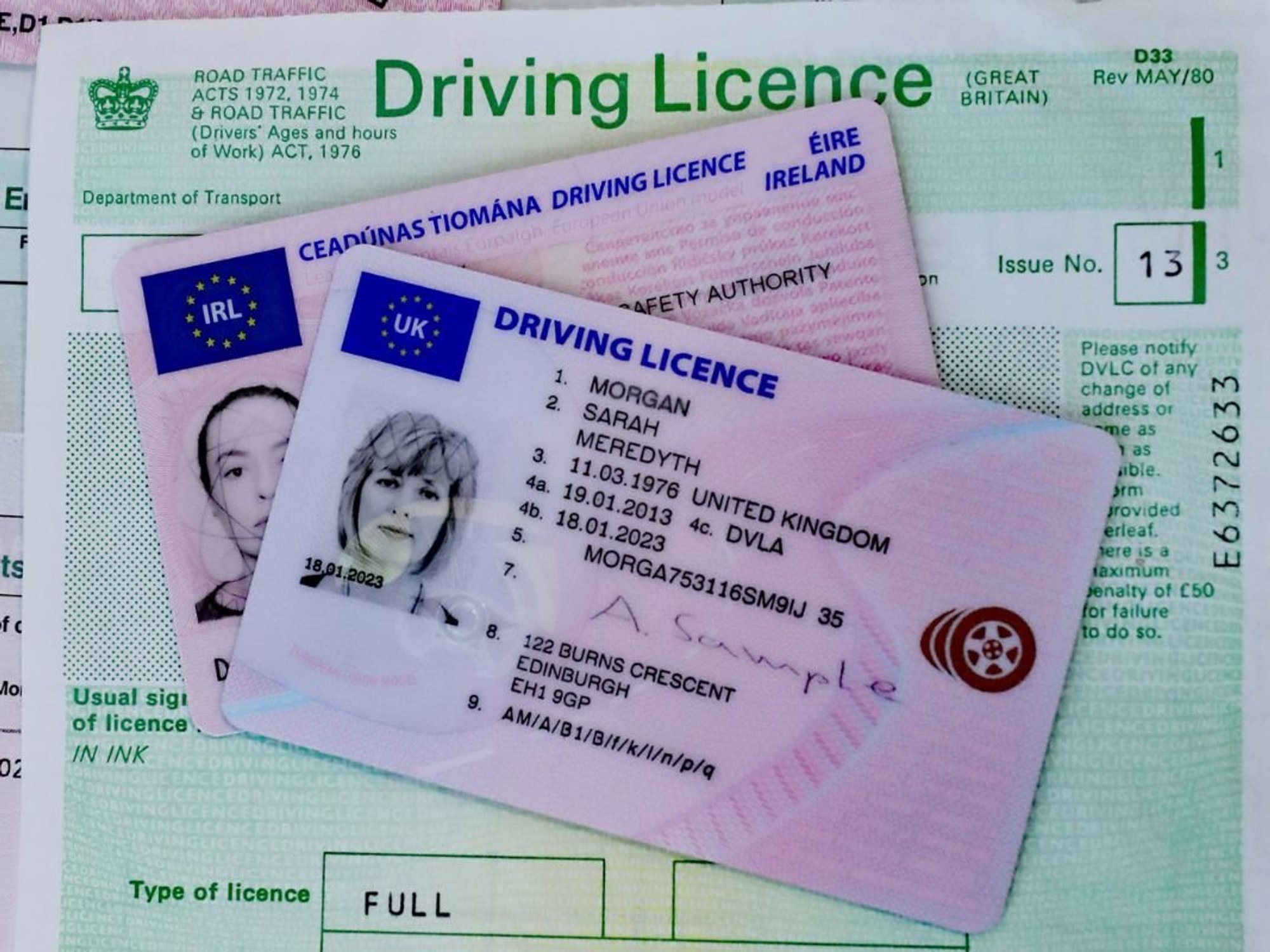'More transmissible' Covid variant 'under monitoring' by WHO as infection rates leap to new highs
Officials have described the new variant as more infectious than previous strains
Don't Miss
Most Read
Health authorities have issued urgent warnings over a new Covid variant that experts fear is more infectious than previous strains.
The latest NB.1.8.1 variant has been detected in 22 countries across the world, including the UK, which has had cases being recorded in Wales over recent months.
Common symptoms of NB.1.8.1 include sore throat, fatigue, fever, mild cough, muscle aches and nasal congestion, associate professor in virology and infectious disease at Griffith University, Laura Herrero, warned. "Gastrointestinal symptoms may also occur in some cases," she added.
The symptoms align closely with other Omicron subvariants, with Professor Herrero suggesting the strain may also cause nausea, vomiting, diarrhoea, stomach pain and a lack of appetite alongside usual respiratory symptoms. "The WHO has not yet observed any evidence it causes more severe disease compared to other variants," she clarified.

The newest strain has been detected across 22 countries
|GETTY
Current vaccines are expected to remain effective against the variant. NHS guidance advises that those experiencing Covid symptoms should stay at home and avoid contact with others for five days after a positive test, or three days for those under 18.
Beyond our borders, the strain has also been tracked in popular British tourist destinations including Thailand, the Maldives and Egypt, alongside soaring cases in Ireland, the US, Australia and parts of Europe. Travellers have been urged to don masks and wash their hands as the new variant drives up cases in holiday hotspots.
"Data indicates that NB.1.8.1 does not lead to more severe illness compared to previous variants, although it appears to have a growth advantage, suggesting it may spread more easily," said professor of microbiology and immunology at the University of Nevada, Subhash Verma.
Thailand has reported 257,280 Covid cases and 52 deaths this year, with health authorities issuing official warnings about the NB.1.8.1 variant. The country's capital, Bangkok, is experiencing the worst of the outbreak, alongside Chonburi Province.
Deputy government spokesperson Anukool Pruksanusak said international travel and the upcoming rainy season could accelerate outbreaks, with the Ministry of Public Health monitoring the situation closely.
LATEST DEVELOPMENTS
He urged people to "limit activities that increase the risk of infection, wash their hands regularly, wear masks in crowded places, get booster vaccinations when due, and seek medical attention promptly if experiencing symptoms".
The variant has also been tracked in Egypt and the Maldives, both popular destinations among British holidaymakers. There are currently no travel restrictions associated with the variant, with the WHO not recommending any such measures.
The World Health Organisation has designated NB.1.8.1 as a "variant under monitoring" due to its global spread and key mutations. The WHO stressed that based on available evidence, the variant's risk to public health was "low at the global level".
"Despite a concurrent increase in cases and hospitalisations in some countries where NB.1.8.1 is widespread, current data do not indicate that this variant leads to more severe illness than other variants in circulation," the WHO said.
The health body assured those concerned that "currently approved Covid-19 vaccines are expected to remain effective to this variant against symptomatic and severe disease".

Travellers have been urged to don masks and wash their hands as the new variant drives up cases in holiday hotspots
|GETTY
The variant was first detected in samples collected in January 2025 and has since been identified in 22 countries as of May 18. By late April, the strain made up roughly 10.7 per cent of all submitted sequences from these countries, up from just 2.5 per cent four weeks prior.
Expert analysis suggests the variant may infect people more easily than previous variants, with some evidence indicating that NB.1.8.1 binds more tightly to human cells. "In other words, it is more transmissible," Professor Verma told CBS News.
A recent study that has not yet been peer reviewed suggests that a person infected with NB.1.8.1 may be more likely to pass the virus on to someone else compared to earlier variants. The WHO has warned that NB.1.8.1 is increasing in prevalence across three specific regions worldwide: the Western Pacific region, North and South America, and Europe.
NB.1.8.1 had become the dominant variant in Hong Kong and China by the end of April, according to Professor Herrero.
Thailand has recorded 257,280 Covid cases and 52 deaths this year, with Bangkok experiencing the worst of the outbreak alongside Chonburi Province. Deputy government spokesperson Anukool Pruksanusak warned that international travel and the oncoming rainy season could accelerate the outbreaks.
The Ministry of Public Health is monitoring the situation closely, with officials urging heightened precautions. Pruksanusak advised people to "limit activities that increase the risk of infection, wash their hands regularly, wear masks in crowded places, get booster vaccinations when due, and seek medical attention promptly if experiencing symptoms such as fever, cough, sore throat, or other respiratory issues".











